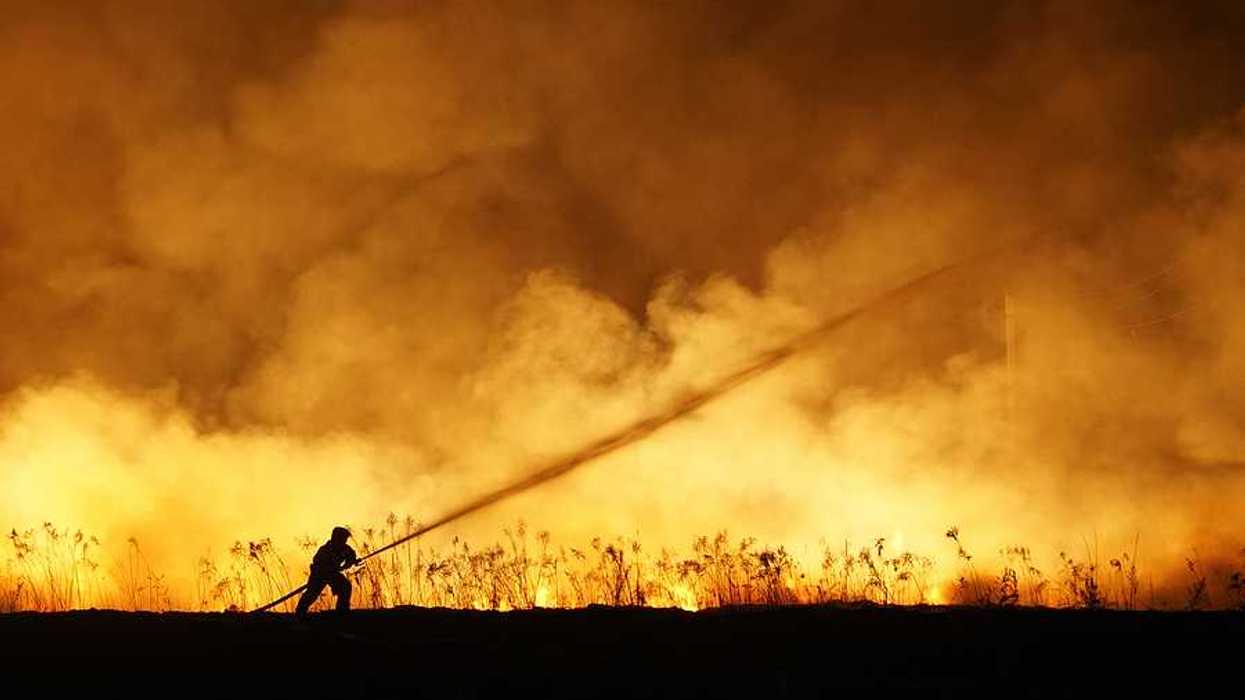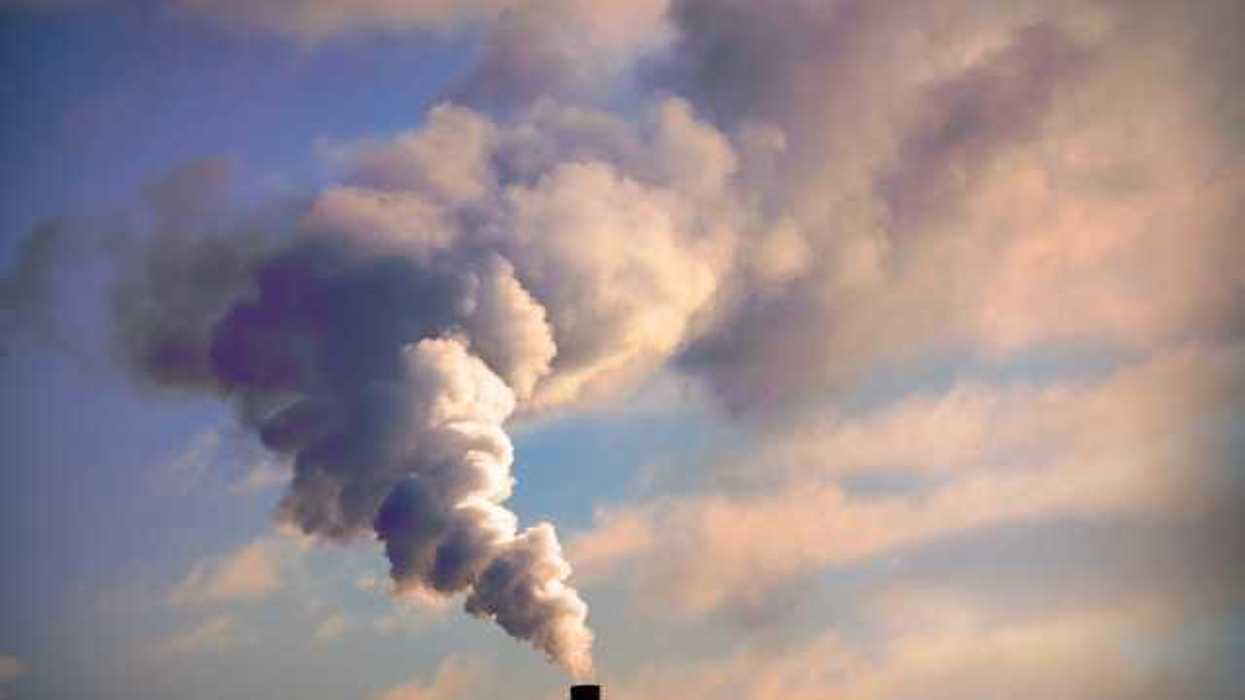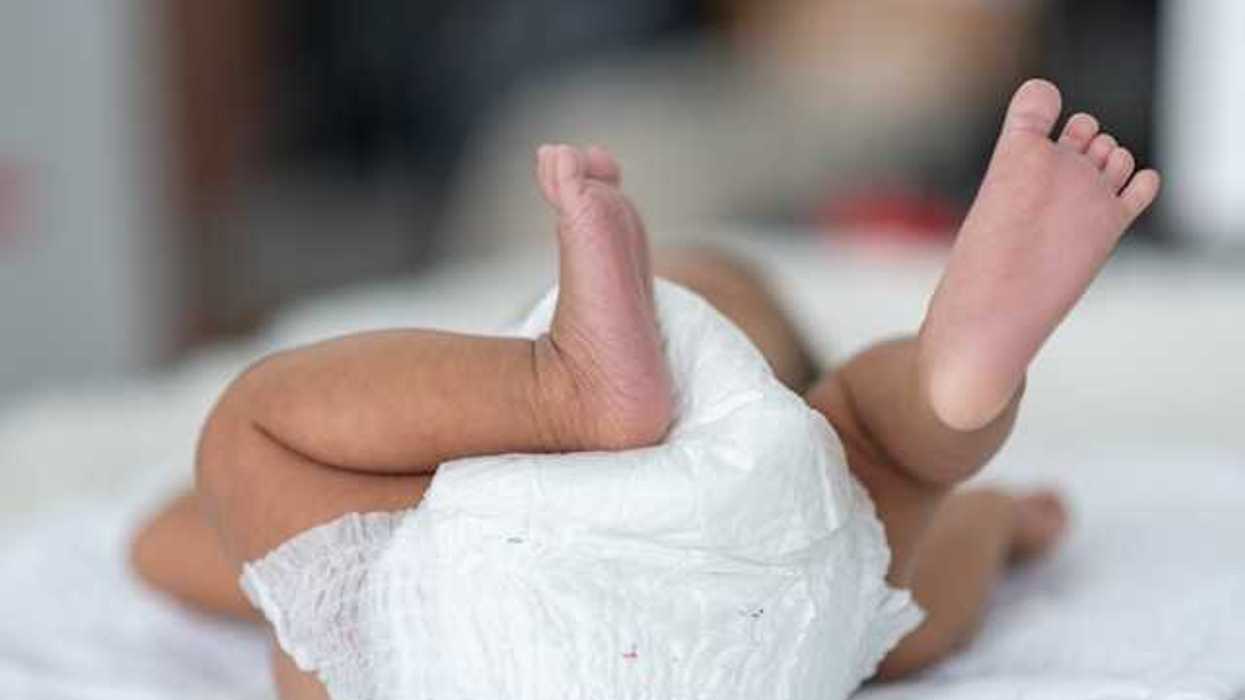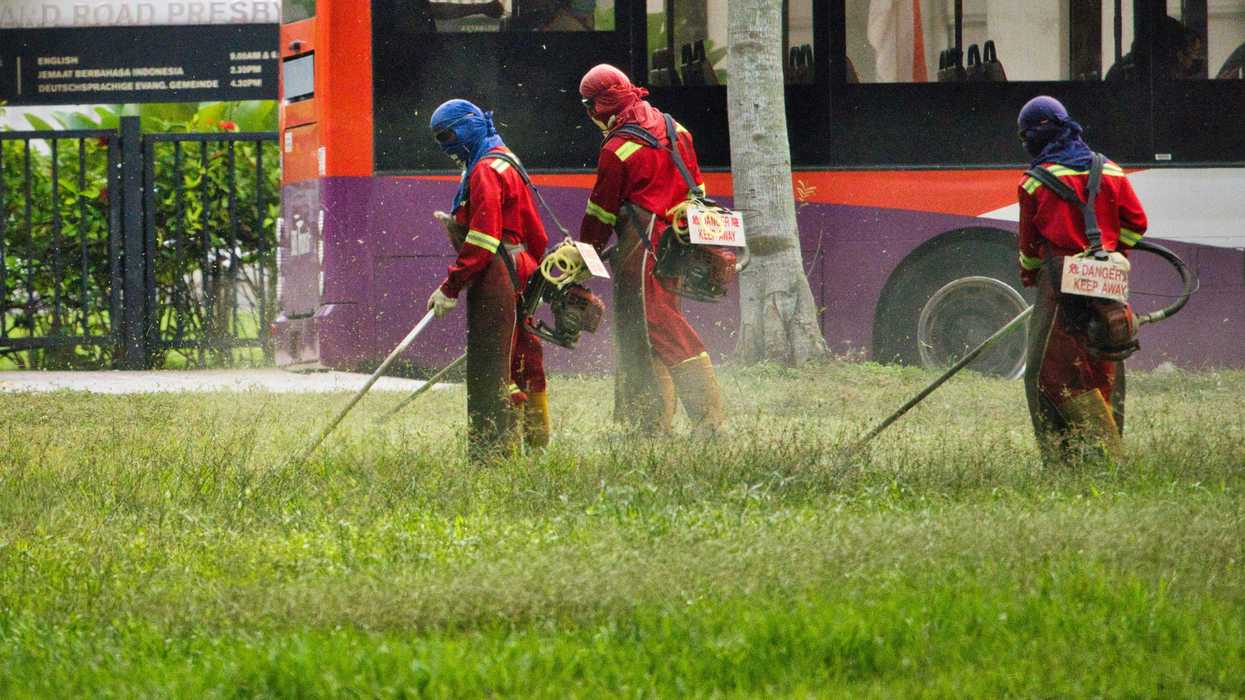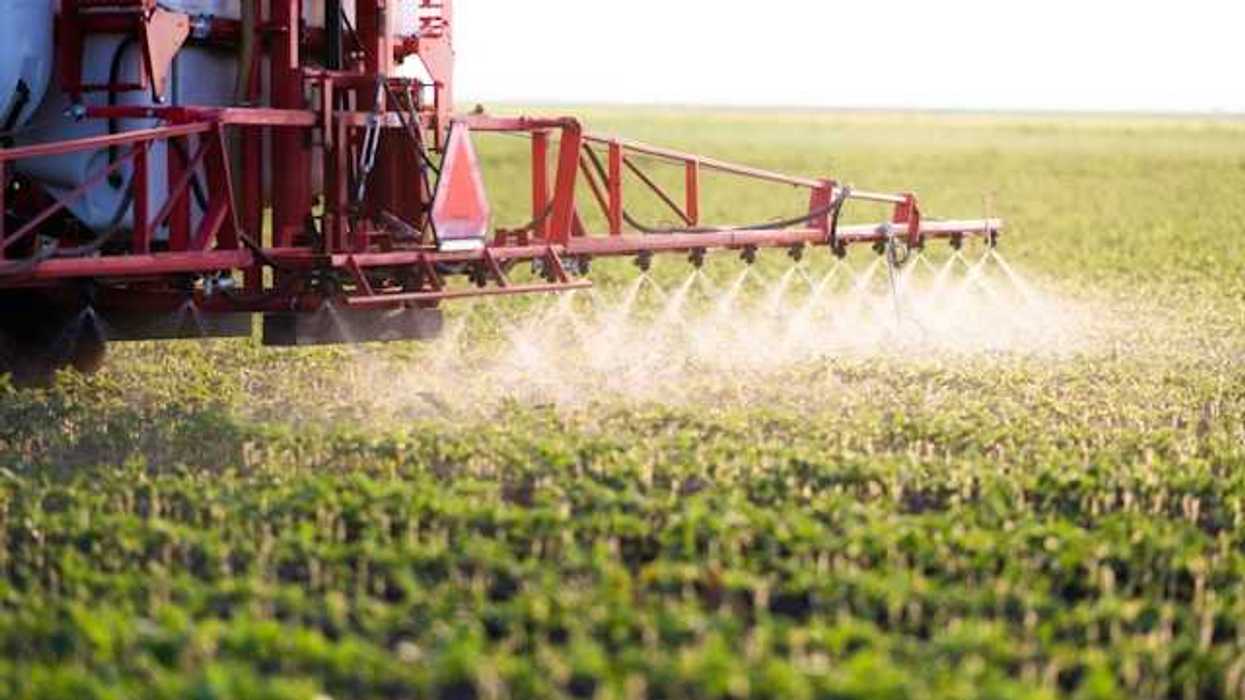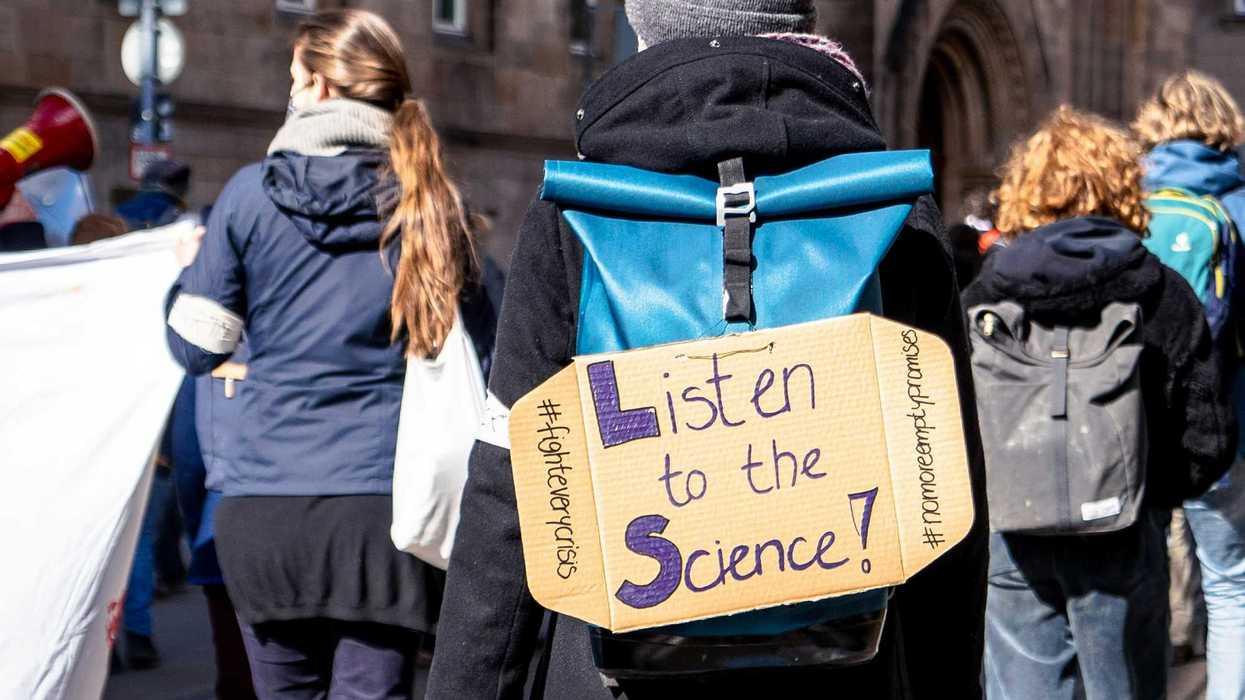Women at the helm of rural homes in developing nations face disproportionate climate adversities, as stated by the UN.
In short:
- The FAO reveals that during heatwaves and floods, women-managed rural households lose more income than those led by men.
- Despite notable income disparities in agriculture and wages, less than a tenth of national climate plans acknowledge women's specific challenges.
- The FAO urges the creation of strategies targeting the unique difficulties faced by female-led rural households.
Key quote:
"These findings highlight the urgent need to dedicate substantially more financial resources and policy attention to issues of inclusivity and resilience in global and national climate actions."
— Qu Dongyu, Director General of FAO
Why this matters:
Climate change exacerbates existing gender inequalities, leaving rural women more vulnerable due to lower access to resources, information, and decision-making processes. For instance, women's limited access to land and financial resources reduces their ability to recover from disasters and adapt to climate change, compounding their economic insecurities.
Deniss Martinez and Ans Irfan wrote in 2021: “as world leaders gather at COP26, we need acknowledge the historical root causes of the climate crisis.”


